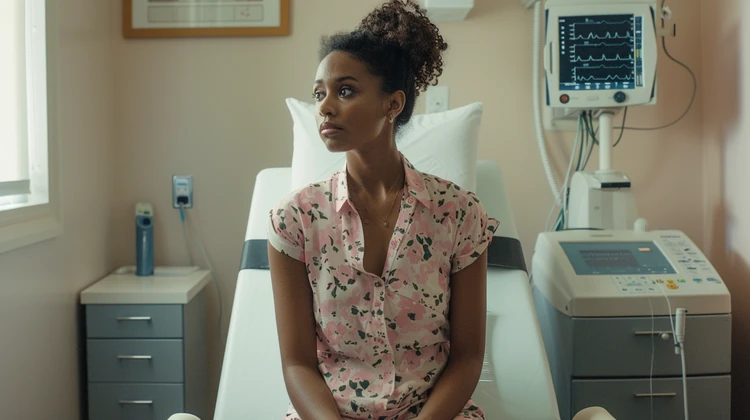The goal is to save more lives with earlier detection of breast cancer

The United States Preventive Services Task Force (USPSTF) has issued new guidance on breast cancer screenings, which recommends that all women now get screened for breast cancer every other year starting at age 40.
More women in their 40s have been getting breast cancer, with rates increasing about 2% each year, so this recommendation will make a big difference for people across the country, said Dr. Wanda Nicholson, chair of the USPSTF. By starting to screen all women at age 40, we can save nearly 20% more lives from breast cancer overall. This new approach has even greater potential benefit for black women, who are much more likely to die of breast cancer.
Do the recommendations apply to you?
The USPSTF broke down the dos and donts of these new screening recommendations.
The organization says that these recommendations apply to:
-
Everyone assigned female at birth
-
Those with a family history of breast cancer
-
Those with dense breasts
On the flip side, these recommendations dont apply to:
-
Those with a personal history of breast cancer
-
Those who are at a higher risk of breast cancer because of genetic markers or high-dose exposure to radiation
-
Those who have had high-risk breast lesions on previous biopsies
Saving more lives
The USPSTF is an independent volunteer panel of medical professionals that issues guidance on preventive clinical services. When it comes to breast cancer, the organization looked at the most recent evidenceand made the change in an effort to save more lives.
Prior to this new guidance, the organization had recommended that women in their 40s make their own decisions about getting screened for breast cancer depending on their health history and general preferences.
However, given the latest data on breast cancer statistics, starting screening earlier can be beneficial for all women. Now, the USPSTF recommends that mammographies take place every other year from the age of 40 through 74.
For women over the age of 75, the agency recommends that they consult with their doctors. As it stands right now, more research needs to be done to determine the pros and cons of continued screening in later life.
We need to know how to best address the health disparities related to breast cancer so all women can live longer and healthier lives, said Dr. John Wong, vice chair of the USPSTF. Clinicians must help reduce any barriers to patients getting the recommended screening, timely, equitable, and appropriate follow-up, and effective treatment of breast cancer.
Photo Credit: Consumer Affairs News Department Images
Posted: 2024-05-02 17:33:02




















